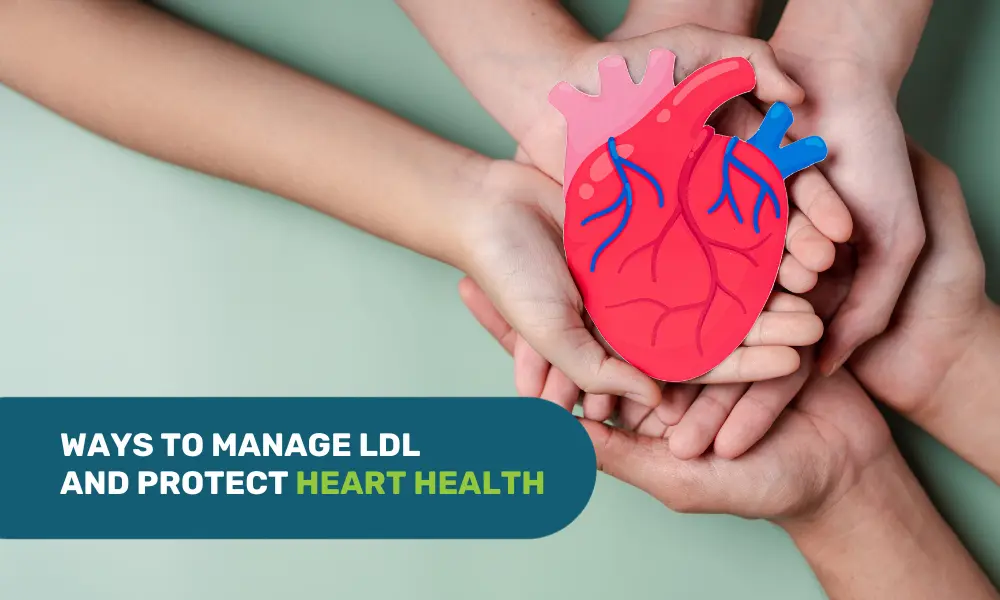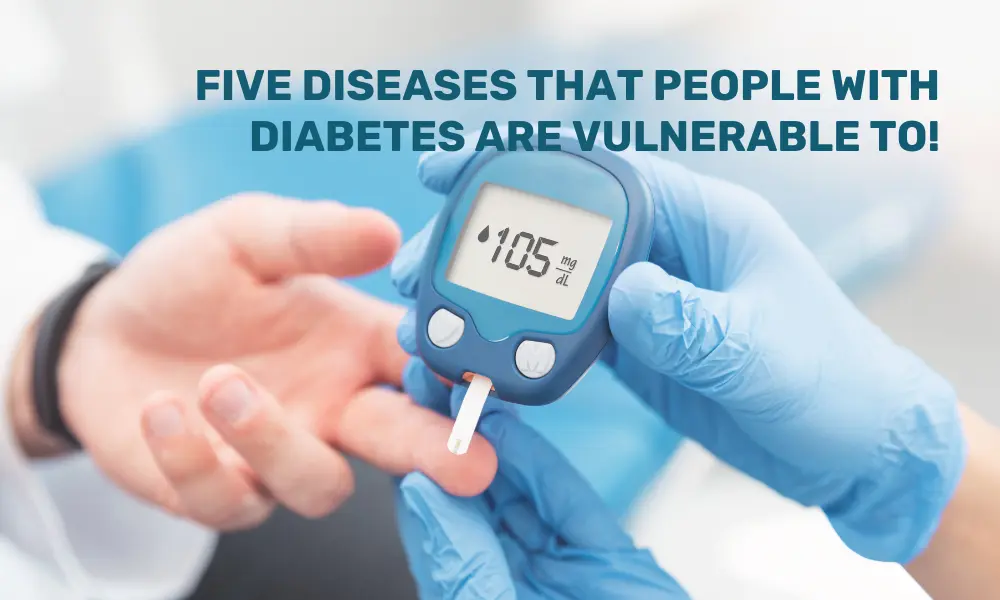Undoubtedly, high cholesterol levels are dangerous for our heart health. It implies wax-like build-up in our arteries that causes heart problems and other health issues.
Table of Contents:
-
Why is cholesterol dangerous for the heart?
-
Impact of winters on cholesterol
-
Helpful tips to reduce LDL level
WHY IS CHOLESTEROL DANGEROUS FOR THE HEART?
Given the sedentary lifestyle, it has now become an increasingly common problem. There are no overt symptoms of high cholesterol, making it even more dangerous. Winter can be a challenging time for people with high cholesterol. Winters entail a risk of health ailments like spikes in diabetes, bad cholesterol, high blood pressure, etc., and this is not so healthy for our heart’s well-being.
Cholesterol is generally categorized into two categories, i.e., good cholesterol and bad cholesterol. High-density lipoprotein (HDL) is a good and healthy kind of cholesterol. It transports excess cholesterol from our arteries to the liver, which removes it from our body. Low-density lipoprotein (LDL) is a bad and unhealthy cholesterol. This bad cholesterol can build up in our arteries and form fatty, waxy deposits called plaques.
IMPACT OF WINTERS ON CHOLESTEROL
The cold weather often leads to increased intake of unhealthy foods, reduced physical activity, and changes in medication absorption. These factors can contribute to elevated cholesterol levels and increase the risk of cardiovascular complications.
The risk of heart health increases during this time due to certain factors, which include:
-
Reduced temperatures cause constriction of the blood vessels, which could increase blood pressure.
-
The raised pressure stresses the Heart and may cause a heart attack in people who already have a weak cardiac system.
-
Moreover, the physical strain involved in performing physical activity during winter can overburden the heart’s working, leading to heart failure.
-
Apart from the added strain on the Heart, respiratory infections are high during winter.
HELPFUL TIPS TO REDUCE LDL LEVEL
-
Knowing the Numbers: It is vital to keep track of cholesterol levels as this can help manage them better. One must take cardiac-related tests often, especially in case of a history.
-
Healthy Diet: One must focus on whole, unprocessed foods. Choose whole grains, fruits, vegetables, lean protein, and healthy fats like olive oil and avocado. These foods are generally rich in fiber and nutrients and can help lower cholesterol levels.
-
Include cholesterol-lowering foods: One must include oats, barley, beans, and nuts containing soluble fiber, as these foods help bind the cholesterol and remove it from the body.
-
Limit trans and saturated fats: These unhealthy fats can raise cholesterol levels. Therefore, one must avoid fried foods, processed meats, and sugary drinks.
-
Get Enough Vitamin D: Vitamin D plays an important role in cardiovascular health. During winter, when sunlight is limited, getting enough vitamin D from supplements or fortified foods like milk and cereal is essential.
-
Stay Active: Regular physical exercise is vital for managing high cholesterol. One must aim for at least 20-30 minutes of moderate-intensity exercise most days of the week. One can also break it down into shorter bursts of activity throughout the day. The idea is to stay active during the day.
-
Stay Hydrated: Drinking plenty of water and fluid is vital for our overall health and can help regulate blood pressure and cholesterol levels. One must aim to drink eight glasses of water daily, even if not thirsty.
-
Manage Stress: Stress can negatively impact cholesterol levels. One must practice stress-reduction techniques such as deep breathing meditation and yoga to manage stress levels under control.
-
Get enough sleep: One must aim for 7-8 hours of sleep each night. Lack of sleep can substantially increase stress and lead to erratic eating habits, which may include making unhealthy food choices, which intuitively impacts cholesterol levels negatively.
-
Limit Alcohol Consumption: Alcohol can raise cholesterol levels. One must limit alcohol intake or avoid it altogether.
These lifestyle changes can help reduce the high cholesterol symptoms and protect the heart from further cardiac problems. However, in case of any discrepancies in cholesterol levels, one must meet a cardiologist.





